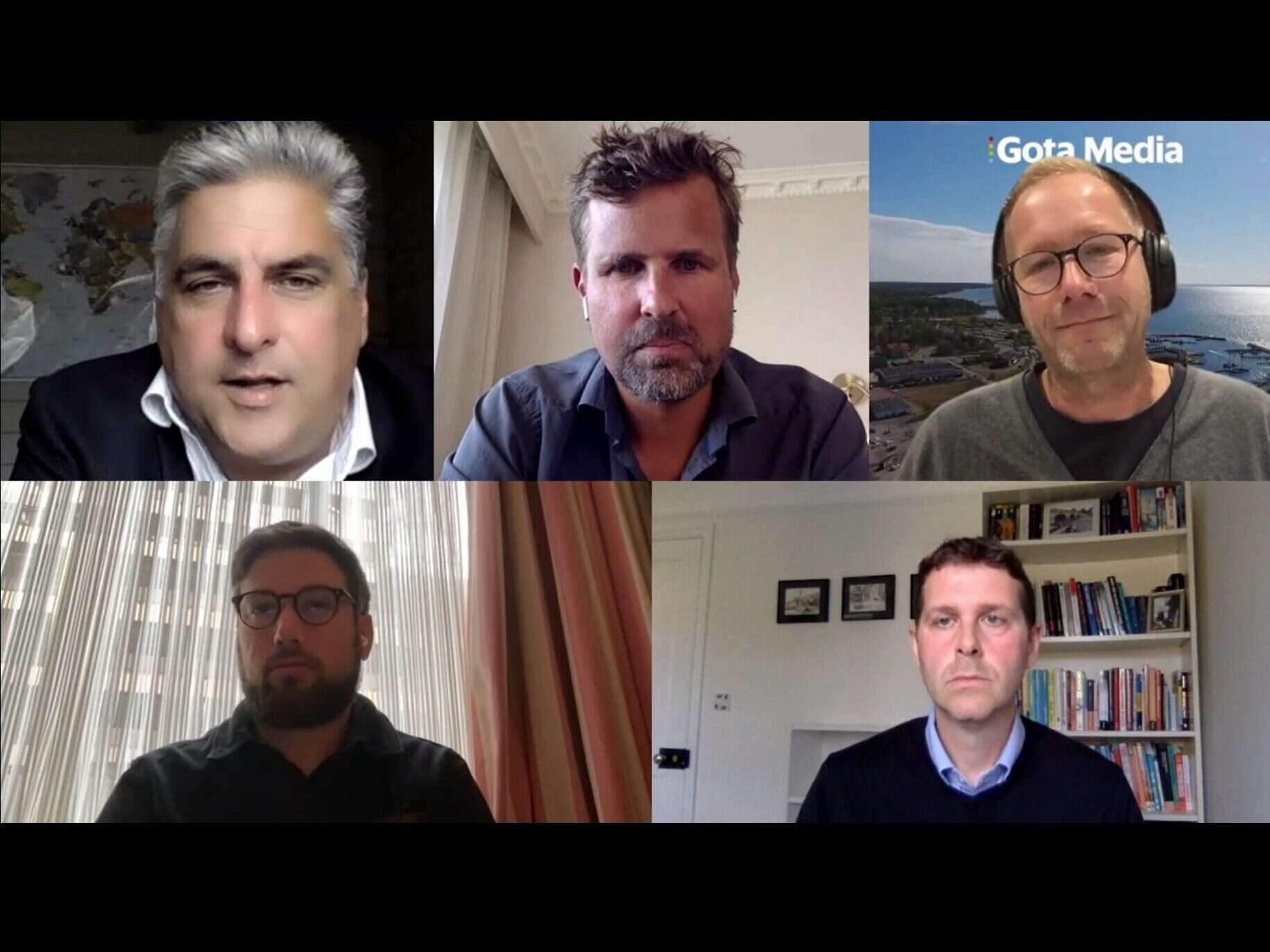
News UK rebuilt The Sun’s content management system “from scratch” after removing its online paywall, Press Gazette’s Future of Media Technology Series was told.
Technology platforms director at News UK, Paul Wilson, said that after The Sun paywall was taken down after two years in late 2015, the tabloid newsbrand used it to take a digital-first approach.
“We separated the newsroom into two halves, a print side and an online side, and rebirthed The Sun online with brand new technology” that was modern and “built for scale”.
[Join our final webinar What are the latest and most lucrative online subscription strategies? at 3pm Thursday, 7 October 2021.]
The Sun’s online CMS is “headless”, meaning “the content creation and all of the planning and curation pieces [are] separate that from actually how it is rendered to the user”, explained Wilson.
He said the upsides of using a cloud-based CMS meant “journalists could work from anywhere very easily” during the pandemic, which saw most work from home.
“On the downsides, it’s still heavily customised. So whilst it’s for The Sun, it’s WordPress as its core, it is a heavily customised WordPress experience, and that comes at a cost in terms of engineering teams, which are harder and harder to find, and we have challenges with upgrades,” he added.
The Times however uses the same CMS platform for both print and digital, which means journalists are using the same system whether they’re writing for the paper or the Times app and website.
“The disadvantages are that it is built with a print mindset, which actually constrains us quite a lot in what we would like to do in creating a richer experience for our online audience, as we start with that print flow and then look to build the digital side of things off the back of that,” said Wilson.
He said anyone starting from scratch with a CMS needed to “look at what your challenges are right now, and ultimately where you’re trying to get to, and plan accordingly”.
Wilson was speaking at a panel on Content Management in the Age of Digital Disruption last week.
Also on the panel, hosted by Press Gazette’s Dominic Ponsford were:
- Peter Sigfridsson, head of production development at Gota Media
- Henning Johannesson, CPO at United Robots
- Gabe Karp, managing director for EMEA at 10up
Press Gazette’s final panel in the series, What are the latest and most lucrative online subscription strategies? takes place at 3pm today.
Poll results
A poll of virtual attendees asked the question: “What new online technologies is your company currently investing in and/or planning to invest in over the next year?” Of the 40 voters who responded:
- 33% said a new CMS
- 25% said front end design
- 13% personalisation
- 11% content automation
- 8% investment in marketing technology
Split CMS users into two groups
Karp said web development agency 10up think about having two separate CMS user groups, the newsroom and the audience, with their own product needs.
“When we’re thinking of editorial staff it’s all about workflow, it’s all about ease of editing stories, it’s about collaboration, it’s about integration with tools that they’re using for the rest of their role. So simple things like integrating with Slack or, in other cases integrating with Trello because that’s how they’re tracking print workflows, those types of things make a really big difference,” said Karp.
“We’ve gone in and done usability studies with newsrooms and [found that] if we automate story tagging using natural language processing, we can speed up the time to publish a story by three minutes because now somebody isn’t sitting there thinking about what tags are they going to use.
“You end up with the same tags either way, but you’ve removed some cognitive load there, and oftentimes you get better tags on the stories.
“The other side is that front end user, we try to think about that as a totally separate user group, as a different product need. That’s where we’re, again focused on things like user experience and how they’re going to engage with the content, but we’re [also] focused on the content consumption side.
“I think when you are in a headless environment you can really focus on them as two separate products and that gives you a lot of benefit.”
Importance of Metadata
Johannesson, of United Robots, said in his experience working with media companies, the ones that are using metadata are having the most success.
“If you have really good metadata, then you can easily do websites where you can localise it, you can make super-local parts of your website and you can also structure it within interests,” he told the panel.
“So for instance, if you have a super-small interest, then you can find all things related to that on a website. I also think that many companies struggle to measure digital success.
“We media companies were really good at measuring how many print papers were sold each day, but measuring digital success is another thing. Either they don’t have solid KPIs, or they struggle to measure those KPIs.”
Sigfridsson of Swedish publisher Gota Media said publishers should “get your metadata in order, that’s very important”, adding: “It’s fundamental to give each reader what they expect and maybe also present news that they didn’t know that they wanted to read about. Metadata is crucial to for good online publishing.”
Automated content
Johannesson of United Robots said using automated content required structure in the back end. “First off you need to be able to structure your website, you need to be able to differ either by geo – making it super-local – or areas of interest…
“I think the most important thing for automated stories is that we need really good quality data. If we don’t have that we can’t do any automation at all… and even with that we need a machine that looks at the data and says ‘yeah this is proper, we can do it’, or ‘something looks wrong here, let’s not write this article’.”
Johannesson said he was not aware of Google’s search algorithm punishing publishers for using automated data. “On the contrary, when I Google the articles that we write they pop up quite high up.”
He said it was important that automation means automation – “it shouldn’t need to go through a journalist. I think 95% of the stories we write go straight out to websites and the other 5% are [held by] editors wanting to put it out there when there’ll be the most people reading it”.
 Promoted white paper: How newsrooms can leverage automation
Promoted white paper: How newsrooms can leverage automation
Read United Robots’ 12-page report on newsroom automation: It explains what it is and how it can make journalism better.
Email pged@pressgazette.co.uk to point out mistakes, provide story tips or send in a letter for publication on our "Letters Page" blog
